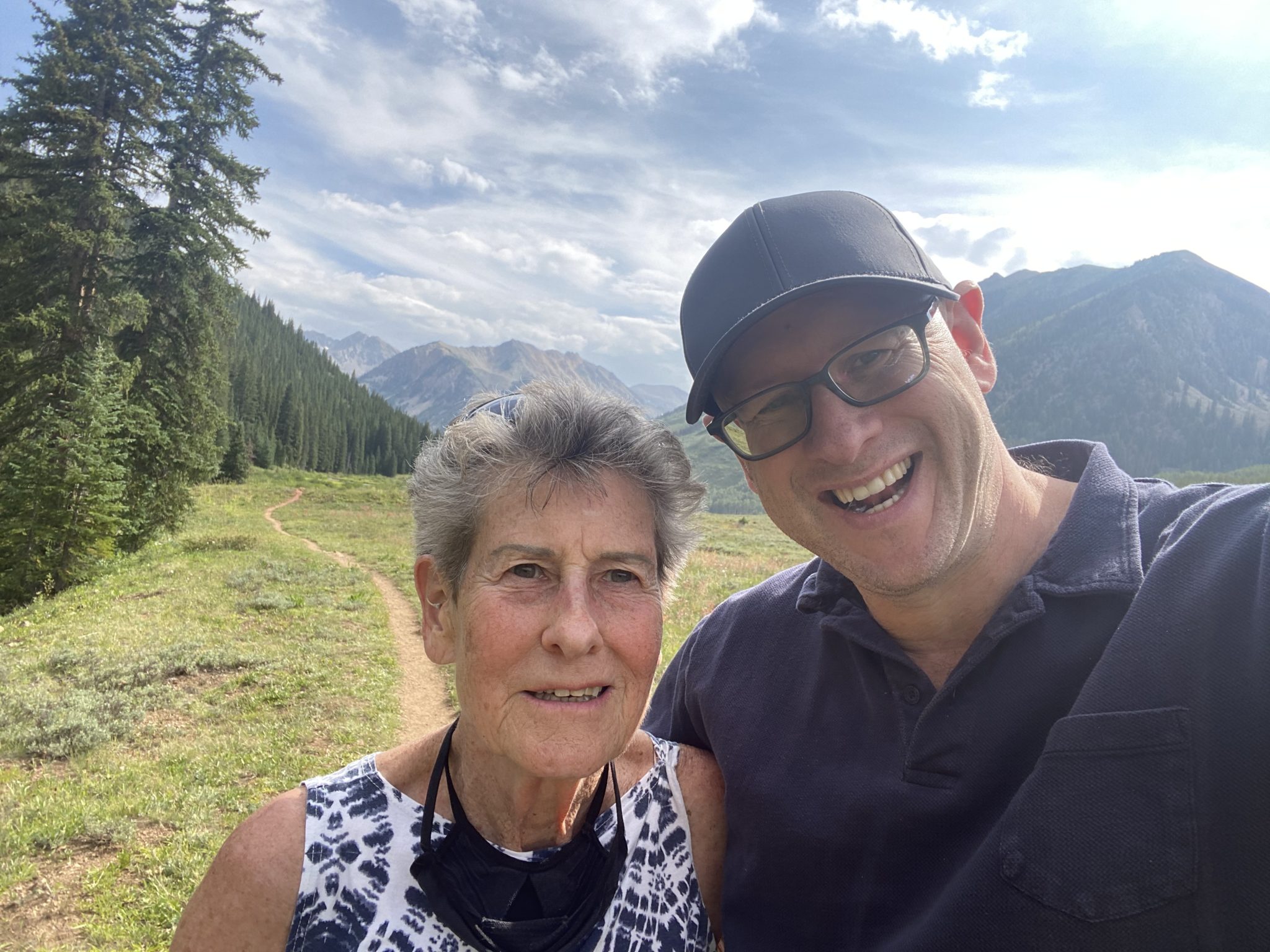Donor Q&A: Gideon Stein
November 13, 2020
Gideon Stein, President of The Moriah Fund, has been a valued donor and New Classrooms Board Member since 2013. We interviewed Mr. Stein on being a philanthropic partner. He also shared thoughts from his donor experience, and offered advice for new donors.
How do you think about your role as a donor?
Our foundation has always focused on supporting social entrepreneurs and activists doing impactful work in human rights and social justice. We look to our grantees not only to define the solutions, but also the underlying problems. Given our philosophy, we strongly believe in providing general support in terms of funding for organizations with whom we partner.
Why does the work of New Classrooms matter to you? Why in 2020, in particular?
Having a child with learning differences really focused me on the benefits of individualized education plans (IEPs) and how children learn differently. Thinking that education and learning can conform to a one-size-fits-all model seems crazy to me; kids, even within a single grade level, enter class each day with vastly different skill sets and understanding of the material. Finding a way to personalize instruction so that each child is receiving targeted instruction, based on their individual strengths and challenges, makes all the sense in the world. COVID-19, and the impact it has had on schools, means that New Classrooms’ approach is more critical than ever.
Describe your middle school math experience.
I was always pretty good at math. It was my favorite subject in middle school. That said, I’ve seen so many kids get turned off by math because they find it difficult. Seeing New Classrooms’ approach in so many schools (I’ve probably visited about a dozen of our sites over the last several years) really got me excited — the kids are incredibly engaged and really enjoy learning with so many different modalities and methods. It honestly makes all the sense in the world to teach like that.
Who is your biggest inspiration when you think about your philanthropy?
My mother, the president of our family foundation for its first 35 years, is my philanthropic and social justice hero. Among other things, before I was permitted to start making my own grants, my mother encouraged me to work for several years in a nonprofit so that I would better understand philanthropy from the perspective of a grantee. I can tell you that she was right — starting and running my own nonprofits made me realize that foundations are really here to service the organizations they fund. As such, our staff and I view our grantees as our clients and find ways to support them before, during, and after the grant-making process. I wish a lot of other foundations would shift their thinking to this approach.
How do you think about impact when you select your philanthropic investments?
Given that we fund both advocacy and direct service organizations, we look at impact in different ways. With direct service, it’s fairly straightforward to think about an organization’s budget and the number of people it serves, and come up with a formula for impact. Of course, thinking about the ways that the work is done and how it could be done differently or better comes into play, too. With advocacy it’s a little trickier, but that’s where leverage can really happen. If we’re able to help impact legislation, or a court decision, we can impact thousands or millions of people. I was really excited when New Classrooms started working on policy as it means we can have impact beyond the schools we serve directly and start helping states think about new models for delivering education to students and families.
What advice do you have for new donors?
I’d tell new donors to listen to the social entrepreneurs and activists doing the work. They are closest to the problem and they probably know better than you how best to solve the problem. Our job as funders should really be in service of those doing the work. Try not to think that you know better than the folks in the trenches. I’d like to tell a lot of experienced donors the same thing.
What do you enjoy most about being a donor?
Being a funder has allowed me to meet really incredible leaders doing such inspiring and important work that is making a significant difference in the lives of so many. I spend a lot of time on the foundation and the many nonprofits whose boards I sit on, and it has enriched my life immeasurably. Needless to say, many of my closest friends run organizations that we support. I feel truly fortunate.